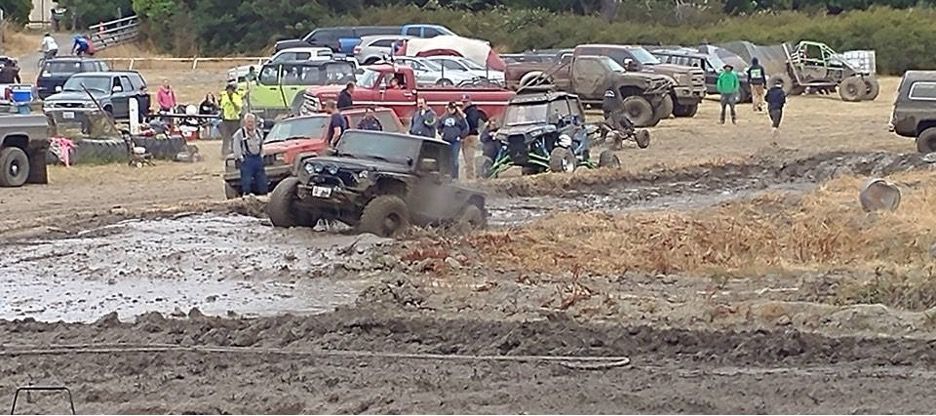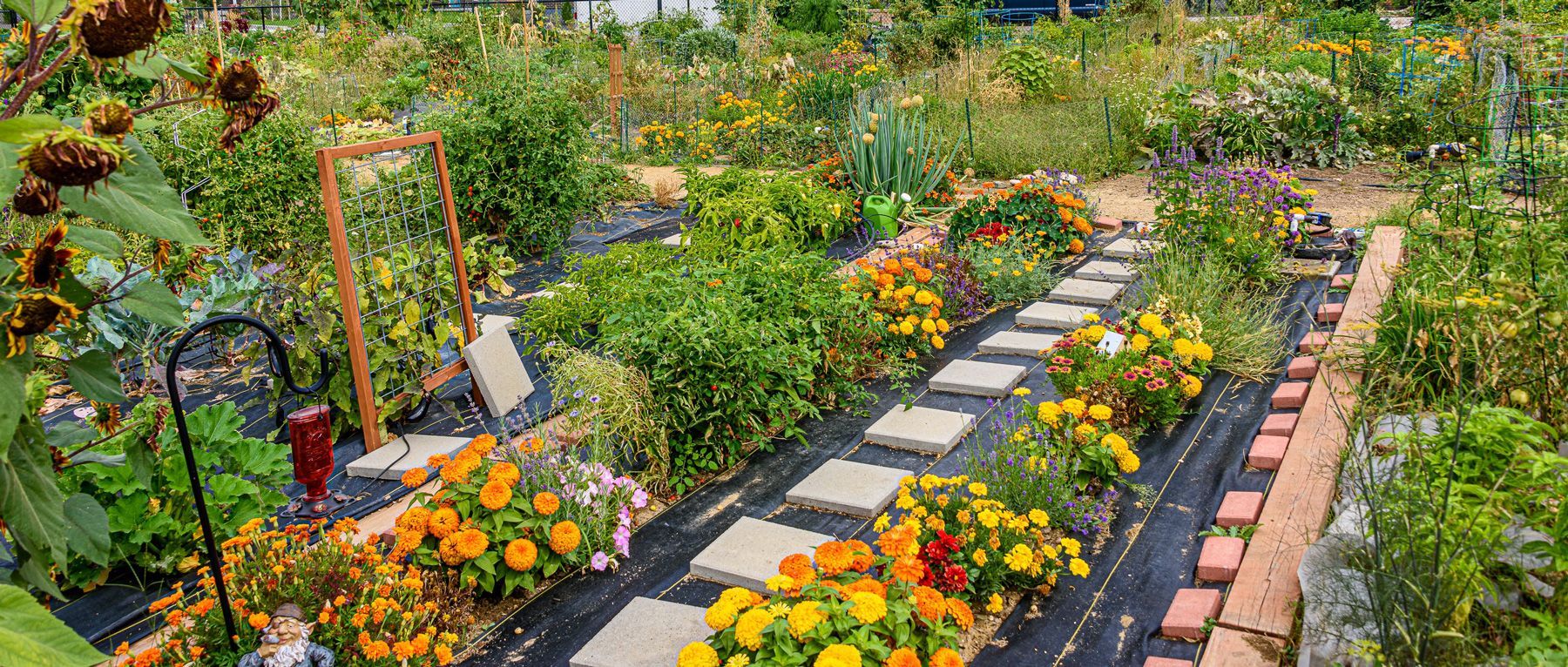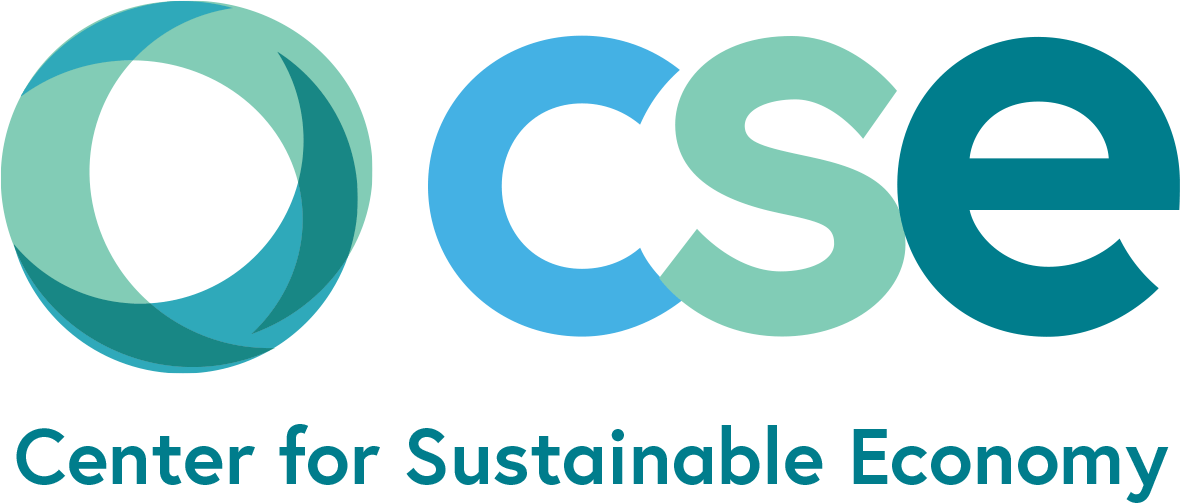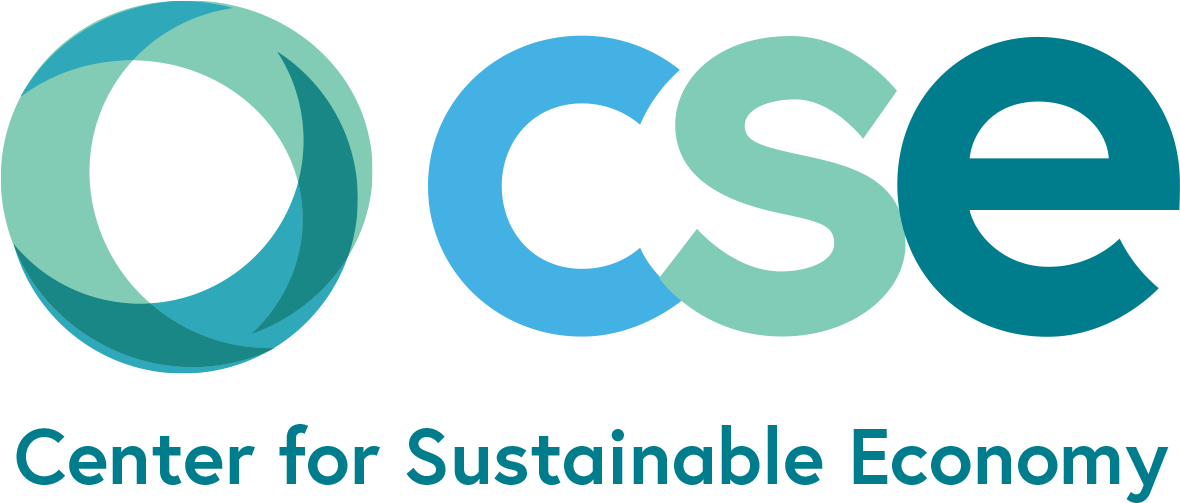A Green Infrastructure Alternative for Jefferson County Fairgrounds
John Talberth • December 4, 2023
Community gardens and climate resilient cropping provide alternatives to polluting mud drags.

In the heart of Port Townsend, Washington, a community sacrifice zone has drawn the ire of neighbors and those who see a greener, more economically beneficial alternative for use of the Jefferson County Fairgrounds. Twice a year, a small army of 4x4 offroad enthusiasts gather to destroy several acres of these public lands for pleasure, strewing toxic waste barrels, garbage, used tires, exhaust, noise and polluted water across a county property used year-round by neighbors and visitors for exercise, wildlife watching, dog walking and other healthy endeavors and by local businesses including a kitchen that prepares food for the hospital.
Neighbors have reported dogs covered in oil after soaking in the water-filled mud pits. Discarded tires and empty barrels once used to store pesticides and carcinogenic industrial solvents are left behind for others to clean up. Because the land is disturbed so often, it is a prime breeding ground for noxious weeks like poison hemlock (Conium maculatum). Between mud drag events the land sits unused, empty, scarred, and polluted. Clearly, there must be an alternative use for these precious public lands.
In the spring of 2023, Center for Sustainable Economy was asked by neighbors to use its expertise to start holding local elected officials accountable for this ongoing degradation of public property. We began by sending a letter notifying the County that continued use of the Fairgrounds for mud drags was in direct conflict with its land use code, the legislature’s intent for these properties, and the State Environmental Policy Act (SEPA) since the events have been conducted without any permitting or environmental review.
We helped forty community members prepare and submit a sign-on letter asking their county commissioners to put a halt to the mud drags and engage a “competent, professional team to design and implement a master plan” to begin the process of restoring the site for a wide range of beneficial uses such as community gardens or regenerative, climate-smart agriculture. In December, CSE filed a public records request to identify the persons involved with the most recent bout of land degradation and disposal of toxic waste barrels – some of which have product labels indicating that they should be buried and not placed in areas that risk human exposure.
This is a developing story. Despite all the efforts by CSE and its partners, City and County officials have doubled down and refused to budge. They are simply turning their backs on the problem and hoping it goes away. But it won’t.

As part of its Green Infrastructure program, CSE will continue to work on a positive vision for the Jefferson County Fairgrounds that makes maximum use of its cultural, ecological and recreational values to do what the legislature intended: “to showcase Washington’s agriculture heritage and related arts and manufactures, to train youth and to promote the welfare of farm people and rural economic development.”
Further reading:
CSE cease and desist letter February 2023
Community sign-on letter submitted to the County Commission
Public records act request of December 2023
Share Post
All Rights Reserved | Center for Sustainable Economy


